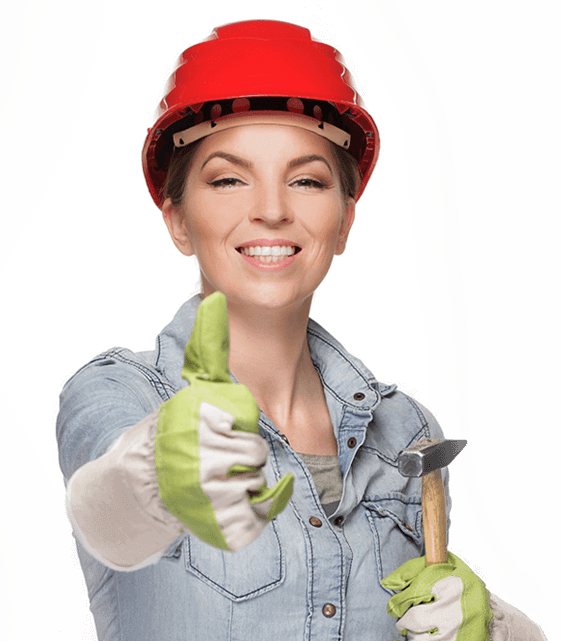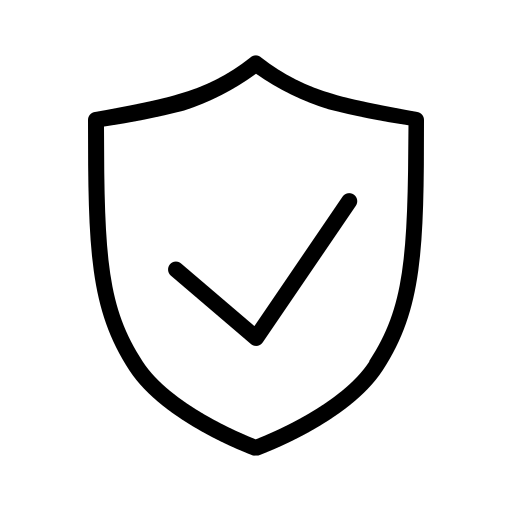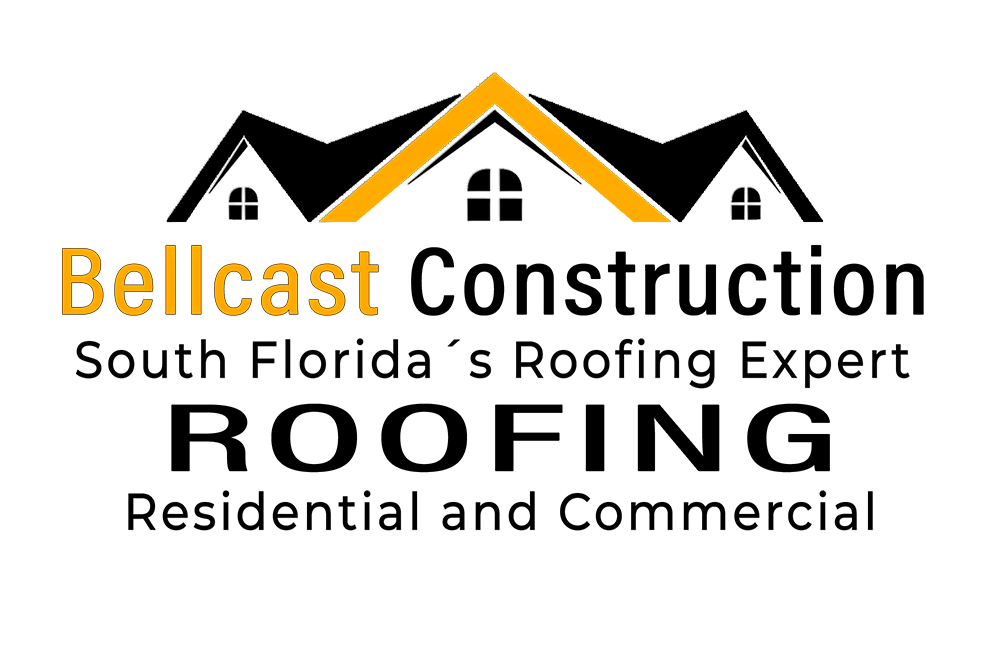Call Us Today!
Call Us Today!
Bellcast Construction LLC - South Florida's Roofing Expert
"The Roofer You Can Trust!"
Does Your Roof Need to Be Repaired or Replaced?

Why Choose Us?
We Service and Install All Roof Types. At Bellcast Construction, you can be assured the work is being done correctly. We guarantee our work and treat all of our clients as A VIP
Low Pricing
We strive to offer the best prices because the security of your home is important.

Genius Workers
Our workers have the experience and knowledge necessary to perform high-quality work.

Service Warranty
We Include Workmanship Warranties On All Of Our Fine Quality Craftsmanship: Roof Repair Or Roof Replacement/Installation.
Free Estimates
We will perform a free inspection to assess the work to be done.
All the Services You Need at Your Disposal.
Residential Roofing Maintenance
-
How Do I Maintain The Roof On My Home?
Taking care of your roof is crucial if you want to avoid costly repairs and ensure its longevity. Here are some tips on how to maintain your roof effectively:
1. Regular inspections: Inspecting your roof for any signs of damage, wear and tear, or loose shingles can help you identify problems before they become bigger issues. Regular inspections can help you stay ahead of any potential roofing problems.
2. Clean your gutters: Clogged gutters can cause water to back up onto your roof, leading to leaks and damage. Regularly cleaning your gutters can prevent this issue from occurring.
3. Trim nearby trees: Overhanging branches can scratch and damage your roof, so it's vital to trim them regularly. This can also prevent leaves and debris from accumulating on your roof.
4. Remove debris: Debris on your roof can cause damage over time. Regularly removing any leaves, sticks, and other debris can help prevent damage and extend the life of your roof.
5. Prompt repairs: If you notice any damage to your roof, it's essential to get it repaired promptly. Delaying repairs can lead to more significant issues and higher repair costs in the long run.
By following these tips, you can maintain your roof effectively and avoid costly repairs. Regular inspections, gutter cleaning, tree trimming, debris removal, and prompt repairs are all key to ensuring the longevity of your roof.
Residential Roof Leak Repair/ALL Roof Types
-
Why Does My Roof Leak?
There are several causes of roof leaks on homes, but here are the top five:
1. Damaged or missing shingles: Shingles can become damaged or go missing due to severe weather conditions such as strong winds or heavy rainfall, leaving your roof exposed.
2. Improper installation: If your roof wasn't installed correctly, it could lead to leaks. Poor installation can include improperly secured flashing, shingles installed incorrectly, or inadequate ventilation.
3. Clogged gutters: Clogged gutters can cause water to back up onto your roof, leading to leaks and water damage.
4. Cracked flashing: Flashing is a material used to seal joints and prevent water from seeping into your home. If it becomes cracked or damaged, water can seep through, causing leaks.
5. Condensation: Condensation can occur in attics when warm, moist air meets a cold surface, such as the underside of your roof. This can cause water droplets to form and eventually lead to leaks.
It's essential to identify the cause of your roof leak as soon as possible to prevent further damage to your home.
Residential Roof Inspection
-
What Is A Residential Roof Inspection?
A residential roof inspection is a comprehensive evaluation of the condition of a home's roof. During a roof inspection, a professional inspector will examine the roof's structure, materials, and overall condition to identify any damage, defects, or potential issues. The inspection usually involves a visual examination of the roof's surface, as well as an inspection of the attic space to identify signs of leaks or other damage. The inspector will also check for proper ventilation and insulation, as well as any potential hazards such as overhanging tree limbs or nearby power lines. A roof inspection is typically recommended on a regular basis, or after severe weather events such as hail or high winds, to ensure that any damage is identified and repaired promptly.
Residential New Roof Installation/Re-Roof
-
What Is A Re-Roof/Installation?
A re-roof, also known as a roof replacement, is the process of removing the existing roof covering and replacing it with a new one. This is typically done when the existing roof has reached the end of its useful life, or when it has sustained extensive damage that cannot be repaired. The process involves stripping off the old roofing materials, repairing any underlying damage to the roof structure, and installing new roofing materials such as shingles, tiles, or metal panels. Re-roofing can be a complex and labor-intensive process, and it's important to hire a professional roofing contractor to ensure that the job is done properly and safely.
Commercial Roofing Maintenance
-
How Do I Maintain My Commercial Roof?
Commercial roof maintenance is an essential part of building management that involves the regular care and upkeep of a commercial building's roof. A commercial roof is designed to withstand harsh weather conditions, including rain, hail, snow, and wind. However, over time, these elements can cause damage to the roof, leading to leaks, cracks, and other issues. Commercial roof maintenance helps to prevent such damage before it becomes a significant problem, saving building owners the cost of expensive repairs.
Commercial roof maintenance involves several tasks, including inspections, cleaning, repairs, and replacements. Regular inspections are necessary to identify any potential issues, such as leaks or cracks, before they become severe. These inspections can be done quarterly, semi-annually, or annually, depending on the building's location, age, and other factors.
Cleaning is another crucial aspect of commercial roof maintenance. Regular cleaning helps to remove debris, such as leaves and branches, that can accumulate on the roof and clog gutters. Clogged gutters can cause water to back up and damage the roof, leading to leaks and other issues. Additionally, cleaning helps to remove dirt and grime, which can cause the roof to deteriorate over time.
Repairs and replacements are also crucial components of commercial roof maintenance. When damage is identified during inspections, it is vital to address it promptly to prevent further damage. Repairs can include fixing leaks, replacing damaged shingles or tiles, and resealing flashing. Replacements may be necessary when significant damage has occurred, or the roof has reached the end of its lifespan.
In conclusion, commercial roof maintenance is an essential part of building management that helps to prevent damage, extend the lifespan of the roof, and save building owners money. Regular inspections, cleaning, repairs, and replacements are all necessary components of a comprehensive commercial roof maintenance plan.
Commercial Roof Leak Repair/ALL Roof Types
-
Why Does The Roof In My Office Leak?
The roof of a commercial building is designed to protect the building and its occupants from the elements, including rain. However, over time, the roof may develop leaks that can allow water to enter the building and cause damage. Here are five reasons why the roof of a commercial building may leak when it rains:
1. Age: Over time, the roofing materials on a commercial building can deteriorate and become less effective at preventing water from entering the building. This can result in leaks, especially during heavy rainfall.
2. Poor maintenance: Regular maintenance is essential for ensuring the health and safety of a commercial building's roof. If the roof is not properly maintained, it may develop leaks due to issues such as clogged gutters, damaged flashing, or cracked seals.
3. Poor installation: If the roof was not installed correctly, it may develop leaks due to issues such as improper flashing or inadequate sealing.
4. Weather damage: Severe weather events such as heavy rain, hail, or wind can damage the roof of a commercial building, leading to leaks.
5. Structural issues: If the roof has structural issues such as sagging or settling, it may develop leaks due to the stress placed on the roofing materials.
If you suspect that your commercial building's roof is leaking, it is important to address the issue promptly to prevent further damage to the building and its occupants. Working with a qualified roofing contractor can help identify the source of the leaks and develop an effective repair plan that will help ensure the continued functionality and safety of the building.
Commercial Roof Inspection
-
What Is A Commercial Roof Inspection?
A commercial roof inspection is a process of examining the condition of the roof of a commercial property, typically with the help of a professional roofing contractor or inspector. The purpose of a commercial roof inspection is to identify any potential issues or damages that may exist on the roof, as well as to determine the overall condition of the roof and its expected lifespan.
During a commercial roof inspection, the inspector will typically examine the roof's surface, structure, and drainage systems, as well as any other components that may be relevant to the roof's condition and functionality. They will look for signs of wear and tear, damage from weather elements, and any other issues that may impact the roof's ability to protect the building from the elements.
The inspection may also include a review of the roof's maintenance history and any previous repairs that have been made. The inspector will then provide a detailed report of their findings, including any recommended repairs or maintenance that may be needed to ensure the roof's continued functionality and longevity.
A commercial roof inspection is an important part of maintaining the overall health and safety of a commercial property. It can help identify potential issues before they become major problems, which can save property owners significant time and money in the long run. By having regular roof inspections performed, property owners can ensure that their roof is in good condition and functioning properly, which can help protect their investment and the people who use the building.
Commercial New Roof Installation/Re-Roof
-
What Is A Commercial Re-Roof/Installation?
A commercial re-roof is a process of replacing the existing roof of a commercial property with a new one. This is typically done when the existing roof has reached the end of its lifespan, or when repairs are no longer effective in maintaining the roof's functionality and safety.
A commercial re-roof involves removing the existing roof and replacing it with a new one that is designed to meet the specific needs of the property. The process can vary depending on the type of roof and the specific needs of the property, but typically involves the following steps:
1. Inspection: A professional roofing contractor will inspect the existing roof to assess its condition and determine if a re-roof is necessary.
2. Planning: The contractor will work with the property owner to plan the re-roof, including selecting the type of roofing materials to be used, scheduling the work, and determining any necessary permits or approvals.
3. Removal: The existing roof will be removed, including any damaged or deteriorating materials.
4. Repair: Any underlying issues or damages will be repaired before the new roof is installed.
5. Installation: The new roof will be installed, including any necessary insulation, waterproofing, or other components.
6. Final inspection: The contractor will perform a final inspection to ensure that the new roof meets all safety and building code requirements.
A commercial re-roof can be a significant investment, but it is essential for maintaining the health and safety of the building and the people who use it. By working with a qualified roofing contractor and ensuring that the re-roof is performed correctly, property owners can help ensure the continued functionality and longevity of their commercial property.
BUSINESS HOURS
Monday - Friday: 7:30 AM- 6:00 PM
Saturday: 10:00 AM- 5:00 PM
Sunday: Closed














